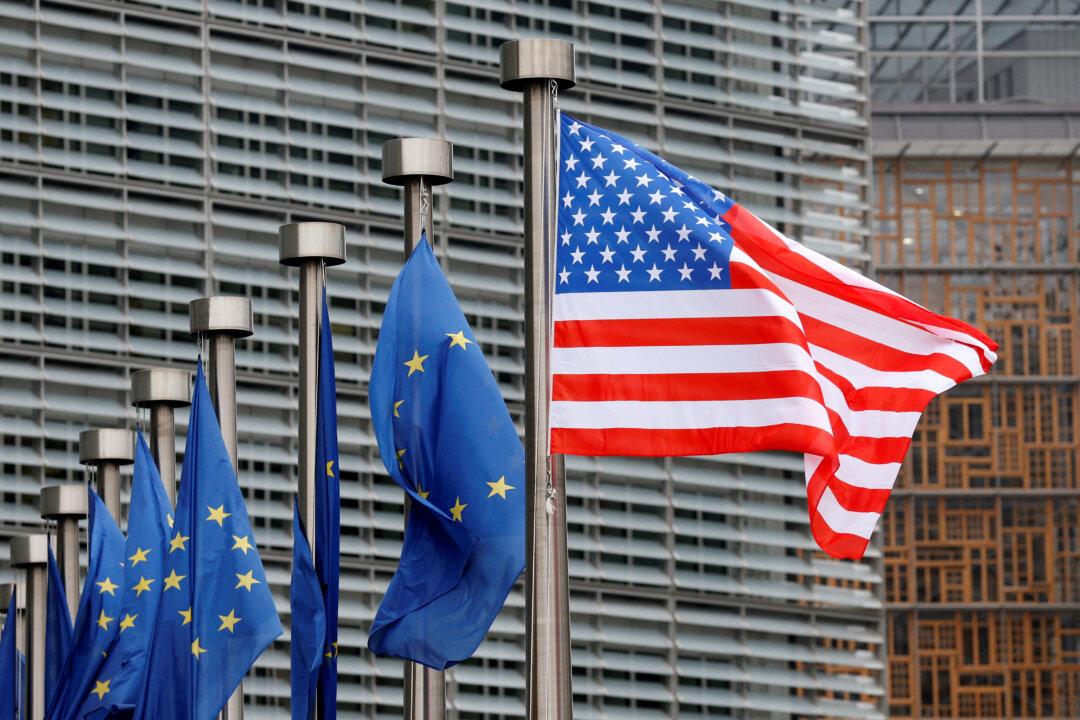The European Commission has proposed countermeasures on up to $107.2 billion (95 billion euros) worth of American imports if negotiations with Washington fail to remove the U.S. tariffs President Donald Trump has imposed.
The new measures, if approved, will be the European Union’s response to U.S. import levies on cars and its reciprocal tariffs and would target American wine, fish, aircraft, cars and car parts, chemicals, electrical equipment, health products, and machinery.





